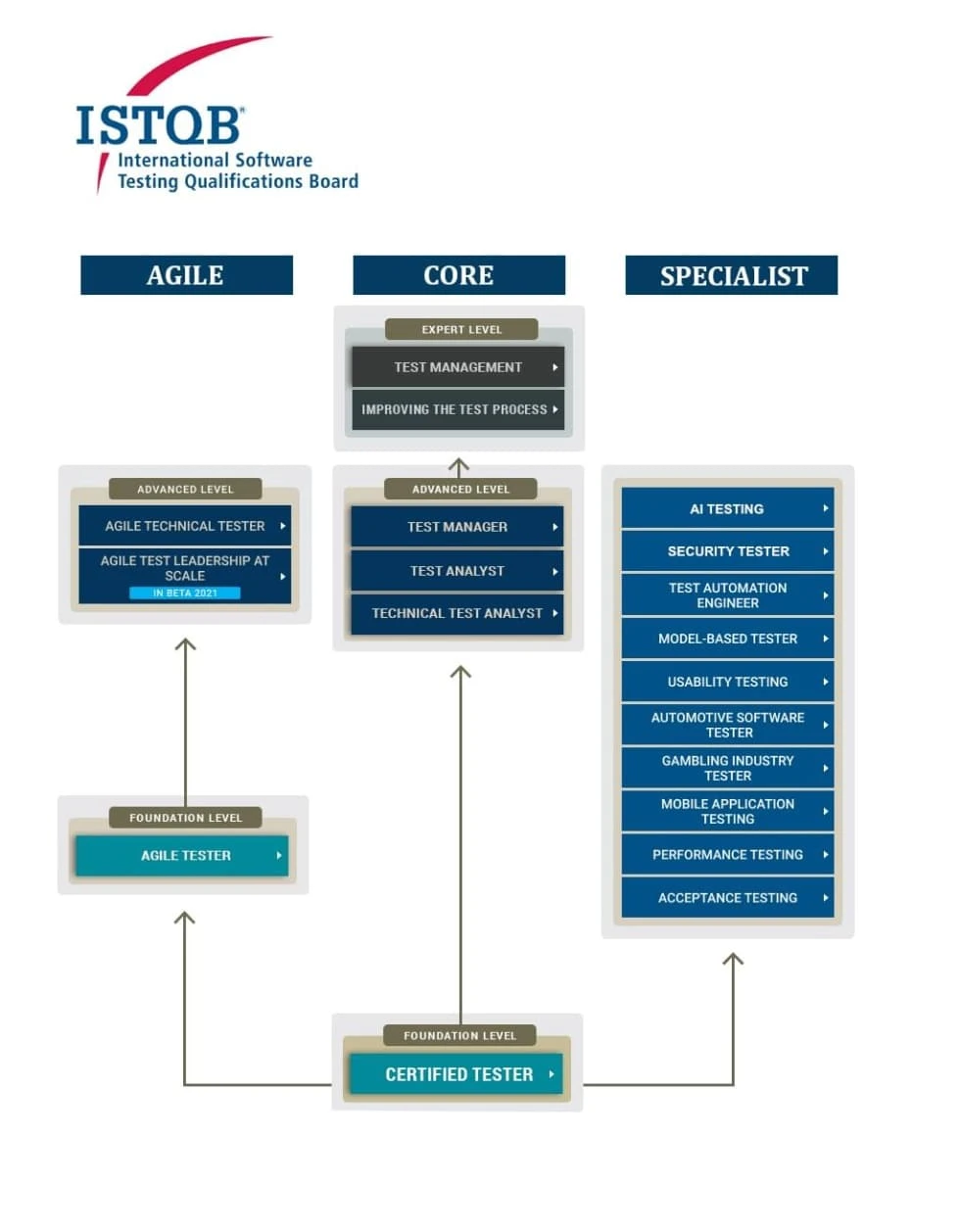Miroslav Renda
Senior Test Manager
Blog

Miroslav Renda
Senior Test Manager
From time to time, I get questions from testers asking if there is any benefit to pursuing ISTQB tester certifications. Maybe you have thought about this topic in the past. So I will try to summarize my view on ISTQB certification using the 'ISTQB series', which hopefully will be useful not only for novice testers.
In the beginning of this series of articles, I will mention some basic information about ISTQB and its certification scheme. In the next two parts I will then generalize a bit about the topic of certifications. I will introduce you to my view of certifications through the eyes of an employee and an employer, and explain why to pursue ISTQB certification in the first place. In the last part, I will summarize useful tips for preparing for the ISTQB exam.
But let's get on with the ISTQB certifications I mention in the title. First, let's talk a little bit about ISTQB, in case the acronym doesn't ring a bell.
The ISTQB (International Software Testing and Quality Board) is an international non-profit organization founded in 2002 that provides a standard and certification scheme for software testing. ISTQB has 61 member committees covering 129 countries as of January 2021 (CaSTB is the representative for the Czech Republic and Slovakia) and has issued more than 750,000 certificates through certification test providers.
In its more than 18 years of existence, the ISTQB has developed an impressive array of modules. The most up-to-date version can be found on the ISTQB homepage, but the principles can be seen in the figure below (mapping the status as of December 2021).

In the CORE and AGILE stream, the sub-modules are divided into three and two levels, respectively, in terms of level of knowledge – Advanced and Expert. In the SPECIALIST group you will not find advanced levels.
In general, the condition for you to be able to take the exam at all is (in addition to paying the fee) to pass the lower level exam. What does this mean?
Don't miss out on the latest updates.
Fill in your email address to stay informed about upcoming training sessions, events, and testing know-how.
Need Advice?
Request our free, non-sales consultation. Fill out the form and we will get back to you.
Watchdog
Did not find a date that works for you? ....
Notice